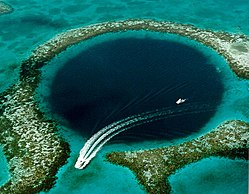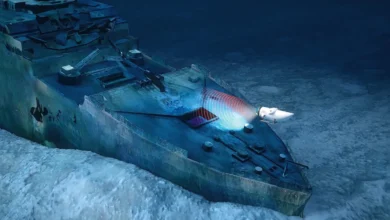Underwater:7nfwpr0uzr8= North Sea

The Underwater:7nfwpr0uzr8= North Sea is a critical marine ecosystem, characterized by its diverse habitats, including kelp forests that support a wide array of marine life. This underwater environment not only stabilizes sediments and enhances water quality but also plays an essential role in carbon sequestration, making it significant in the context of climate change. However, the pressures of pollution, overfishing, and habitat destruction pose serious threats to its integrity. Understanding the complexities of these challenges and the ongoing conservation efforts is crucial for the future of this vital marine resource. What strategies might effectively safeguard its biodiversity?
Unique Ecosystems of the North Sea
Frequently overlooked in discussions of marine biodiversity, the North Sea hosts a range of unique ecosystems that are critical to both environmental stability and economic activities. Kelp forests thrive in tidal zones, serving as essential habitats for various species while stabilizing sediments and enhancing water quality. These ecosystems contribute significantly to carbon sequestration, highlighting their importance in addressing climate change and promoting sustainable marine resource management.
Read Also: Underwater:4brh2lharbu= Ocen
Marine Life Diversity
The North Sea is home to over 200 species of fish, alongside a diverse array of invertebrates, marine mammals, and seabirds, underscoring its rich marine life diversity. This complexity fosters intricate species interactions, essential for ecosystem stability. Effective habitat preservation strategies are crucial for maintaining these interactions, ensuring that the delicate balance of marine life in the North Sea continues to thrive amidst natural and anthropogenic pressures.

Human Impact and Threats
While the North Sea teems with biodiversity, it faces significant threats from human activities that jeopardize its ecological health. Pollution sources, including agricultural runoff and plastic waste, compromise water quality. Overfishing practices deplete fish stocks, while habitat destruction from oil exploration and shipping routes further exacerbates vulnerabilities. Climate change impacts amplify stressors, allowing invasive species to proliferate, further threatening indigenous marine life.
Read Also: Underwater:3u1qizs_9ra= the Sea
Conservation Efforts and Importance of Underwater:7nfwpr0uzr8= North Sea
How can we effectively safeguard the rich biodiversity of the North Sea amid rising environmental pressures? Implementing sustainable practices, such as responsible fishing and habitat restoration, is crucial. Additionally, fostering community involvement through educational programs and local conservation initiatives enhances public awareness and engagement. These efforts not only protect marine ecosystems but also promote long-term ecological resilience, ensuring a balanced coexistence between humanity and nature.
Conclusion
The Underwater:7nfwpr0uzr8= North Sea unique ecosystems, characterized by vibrant kelp forests and diverse marine life, face significant challenges due to human activities. While some may argue that environmental restoration is an impractical endeavor, evidence demonstrates that targeted conservation efforts can yield measurable improvements in biodiversity and ecosystem health. Prioritizing the protection of this critical marine resource is essential for mitigating climate change impacts and sustaining the myriad species that inhabit this vital ecosystem.




